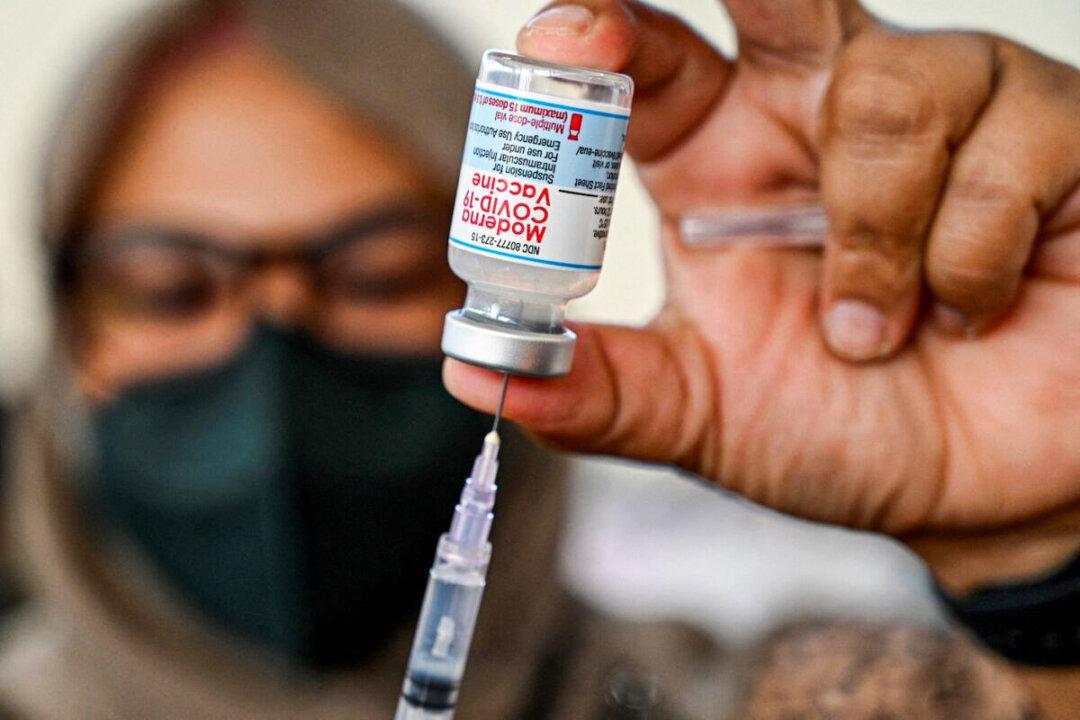Some 9 million doses of expired COVID-19 vaccines being kept in storage facilities in Indonesia will be destroyed, as the country winds back its anti-COVID measures.
The vaccines expired last month, the Indonesian Health Ministry said.

Some 9 million doses of expired COVID-19 vaccines being kept in storage facilities in Indonesia will be destroyed, as the country winds back its anti-COVID measures.
The vaccines expired last month, the Indonesian Health Ministry said.